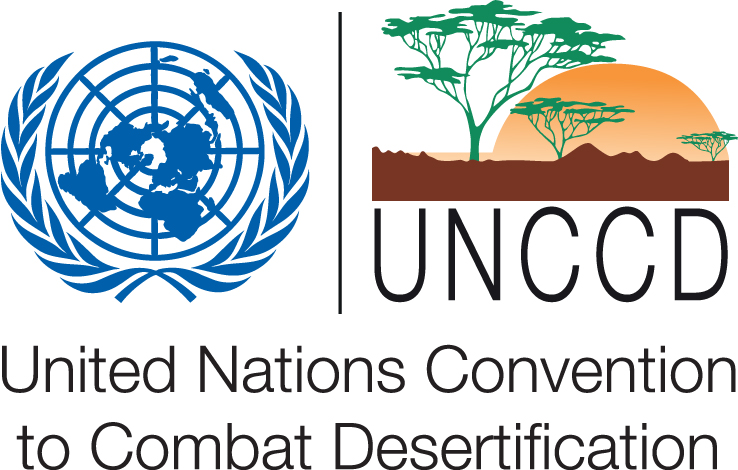Message of Luc Gnacadja, Executive Secretary United Nations Convention to Combat Desertification, on International Day for Biological Diversity, 22 May 2012

Letter from Luc Gnacadja on International Day for Biological Diversity
We celebrate this year’s International Day for Biological Diversity under the theme marine biodiversity. The link between marine ecosystems and degradation of land may not seem apparent, but it concerns all of us who benefit from marine biodiversity in our daily life directly or indirectly.
The degradation of the land may have a direct negative impact on ecosystems threatening the survival of marine biodiversity. For instance, the construction of dams upstream traps the sediments that are needed to build and sustain coastal beaches by countering wave erosion. On the other hand, the conservation of marine biodiversity can protect the land from degradation. Marine biodiversity, particularly coral reefs, is vital for the survival of marine life by protecting the ocean floor from degradation.
It is common for coastal areas where the coral has been destroyed to undergo accelerated erosion. Coral destruction is also accelerated when there is an excessive build up of sediment in lagoons.
Small Island Developing States and coastal communities in countries affected by land degradation depend on marine resources for their food security and economic growth. The threat of land degradation to marine biodiversity is alarming to them. They have thus called for coral and fish surveys to monitor the extent to which earth removal, chemical use, and discharge of septic tanks and treatment plants contaminate the soil and pollute water. For these countries, the regulation of coral harvesting means the protection of land, and vice versa.
With its focus on how to build a green economy to achieve sustainable development and lift people out of poverty, the United Nations Conference on Sustainable Development (Rio+20) taking place next month in Rio de Janeiro is an unprecedented opportunity to tackle issues such as marine biodiversity and land degradation – intricate link at first sight - as a whole.
Making a global commitment to curb land degradation makes it possible to tackle such indirect threats. Avoiding land degradation while recovering degraded land of at least an equal to that degraded each year brings attention to a wide variety of ecosystems.
The focus on marine biodiversity on the occasion of this year’s International Day for Biological Diversity not only spotlights a vital global resource, but helps to raise awareness on all its complexities, for which, the implementations of the United Nations Convention to Combat Desertification and the Convention on Biological Diversity go hand in hand.
I wish you all a happy International Day for Biological Diversity.

